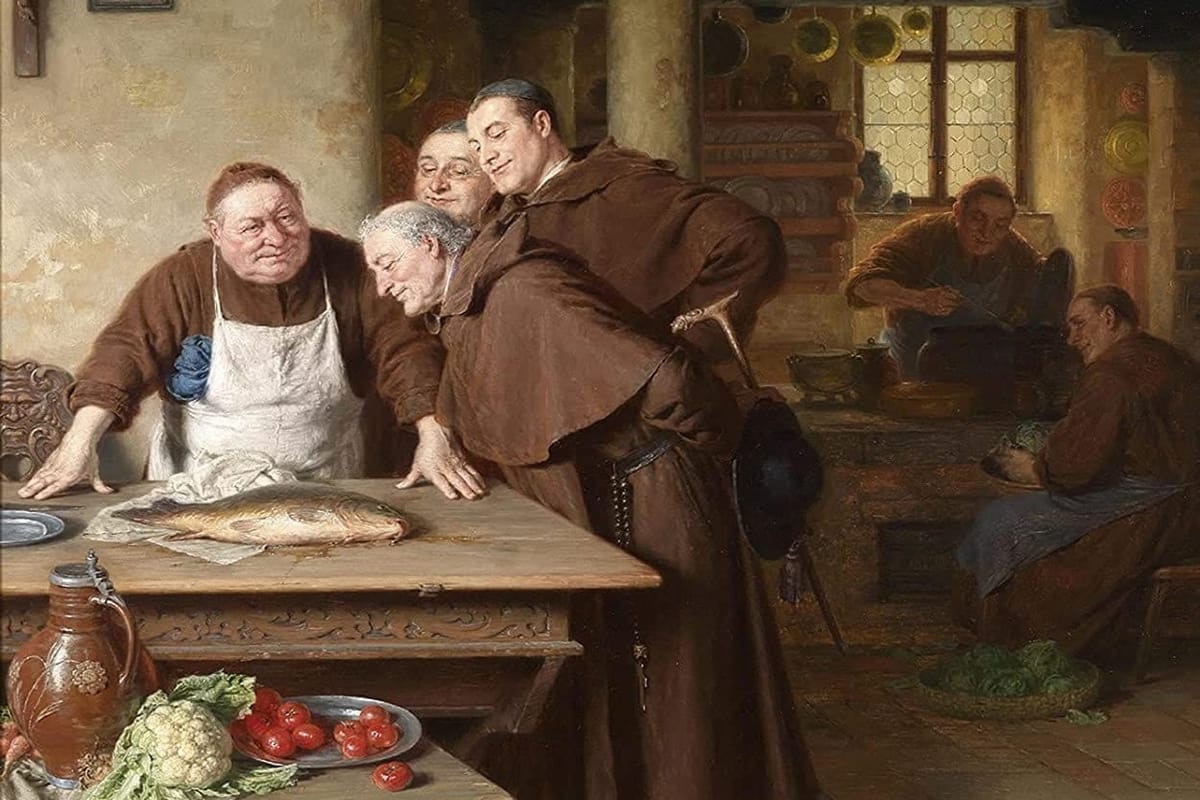St. Neots
They stole Neot's remains and started their own lucrative pilgrimage business.

Key words
- Lucrative: earning or producing a lot of money
He gave up a lucrative career as a lawyer to look after his kids.
- Priory: a building where monks or nuns live, work, and pray
The abbeys and priories are tourist attractions.
- Prosper: to become successful, especially financially
Lots of manufacturing companies prospered at that time.
- Inn: a pub where you can stay for the night, usually in the countryside
The Old Ferry Boat Inn is said to be the oldest pub in England.
- Foundry: a factory where metal is melted and poured into specially shaped containers to produce objects
His apprenticeship started at age 15 as a boilermaker at an iron foundry.
Read the article to find the answers
- Where is St Neots?
- How did it start its own lucrative pilgrimage business?
- Where did Neot live and die?
- What happened to the priory at St Neots?
St. Neots
St Neots is a town 18 miles west of Cambridge, near Huntingdon, the birthplace of Oliver Cromwell. It is named after the ninth-century Saxon monk Saint Neot, the patron saint of fish fries.
Unlike Bury St Edmunds and St Albans, the priory near Huntingdon had no saint of its own, no stories of miracles associated with a holy man or a holy place, so a group of monks on a pilgrimage to Neot's tomb in Cornwall stole some of Neot's bones from the grave and brought them back to their priory.
The priory subsequently became rich and famous from the lucrative pilgrimage business and the area became known as St Neots. As was common when monastic buildings were dissolved during the English Reformation, the priory was dismantled by the locals. Some of the older houses in the town today are thought to have some of the priory stones in their cellars or foundations, but the relics of Neot were lost.
Saint Neot
Neot was a Saxon monk at Glastonbury who had a reputation as a man of great simplicity and wisdom. This reputation led people to seek spiritual insight from him, and the Pope persuaded him to found a monastery in Cornwall. After his death, pilgrims often came to pray for his intercession, as a number of miracles were said to have taken place in his presence.
Legend has it that an angel assured Neot that there would always be three fish living in a nearby well so long as Neot ate no more than one fish a day. Towards the end of his life, Neot's steward, unaware of the angel's assurance, took two of the fish to strengthen Neot's failing health. Upon learning of the monk's mistake, Neot prayed for forgiveness and ordered the now cooked and very dead fish to be returned to the well. When they entered the water, both Neot and the fish came back to life, and Neot became Saint Neot, the patron saint of fish fries.
Discussion questions
- Do you have any questions about any of the vocabulary or grammar in this article?
- Do you know of any other places that have become famous because of someone's remains?
- Are there any lucrative pilgrimage sites in your country?
- Are there any places in your country named after saints?

Book a Lesson
Improve your English language communication skills by practicing with a qualified and experienced native speaker.





